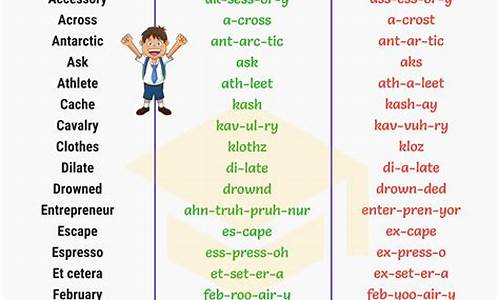Common Misconceptions About Healthy Eating
When it comes to maintaining a healthy diet, there are several misconceptions that can lead to confusion and even poor eating habits. Many people believe they know what constitutes a healthy eating pattern, but misinformation often undermines their efforts to live a healthier lifestyle. In this article, we will address some of the most common myths about healthy eating, providing clarity and offering practical advice on how to make better food choices.
1. Carbs Are Always Bad for You
One of the most widespread myths is that carbohydrates are inherently bad. While it is true that refined carbs, such as sugary snacks and white bread, can contribute to weight gain and health issues, not all carbohydrates are harmful. Whole grains, fruits, and vegetables are rich in essential nutrients and fiber, which are beneficial for digestion and overall health. The key is to choose complex carbs over simple ones.
2. Eating Fat Makes You Fat
Another common misconception is that eating fat leads to weight gain. However, healthy fats, such as those found in avocados, nuts, and olive oil, are essential for your body. These fats help in the absorption of vitamins and promote heart health. It’s important to distinguish between healthy fats and unhealthy trans fats, which are found in processed foods.
3. Skipping Meals Helps with Weight Loss
Many people believe that skipping meals can help with weight loss. While it may seem like a quick way to cut calories, skipping meals can lead to overeating later, slow down metabolism, and cause nutrient deficiencies. A balanced eating schedule with healthy snacks in between meals is more effective in maintaining a healthy weight.

4. All Supplements Are Necessary for Good Health
Some individuals believe that taking supplements can make up for a poor diet. While supplements can be helpful in certain situations, such as when there is a deficiency, they should not replace whole foods. A well-balanced diet rich in fruits, vegetables, lean proteins, and whole grains is the best way to ensure proper nutrition.
5. A Vegetarian Diet is Always Healthier
A vegetarian diet can be very healthy, but it’s important to ensure that it’s well-rounded and nutritionally complete. Simply cutting out meat doesn’t automatically lead to better health. Vegetarians need to find alternative sources of protein and other nutrients, such as iron and B12, to maintain a balanced diet.
In conclusion, there are many misconceptions surrounding healthy eating, but understanding the facts is essential for making informed food choices. Focus on a balanced diet, choose nutrient-dense foods, and be cautious of quick fixes. Healthy eating is a long-term commitment, and with the right knowledge, you can adopt habits that benefit your overall health and well-being.